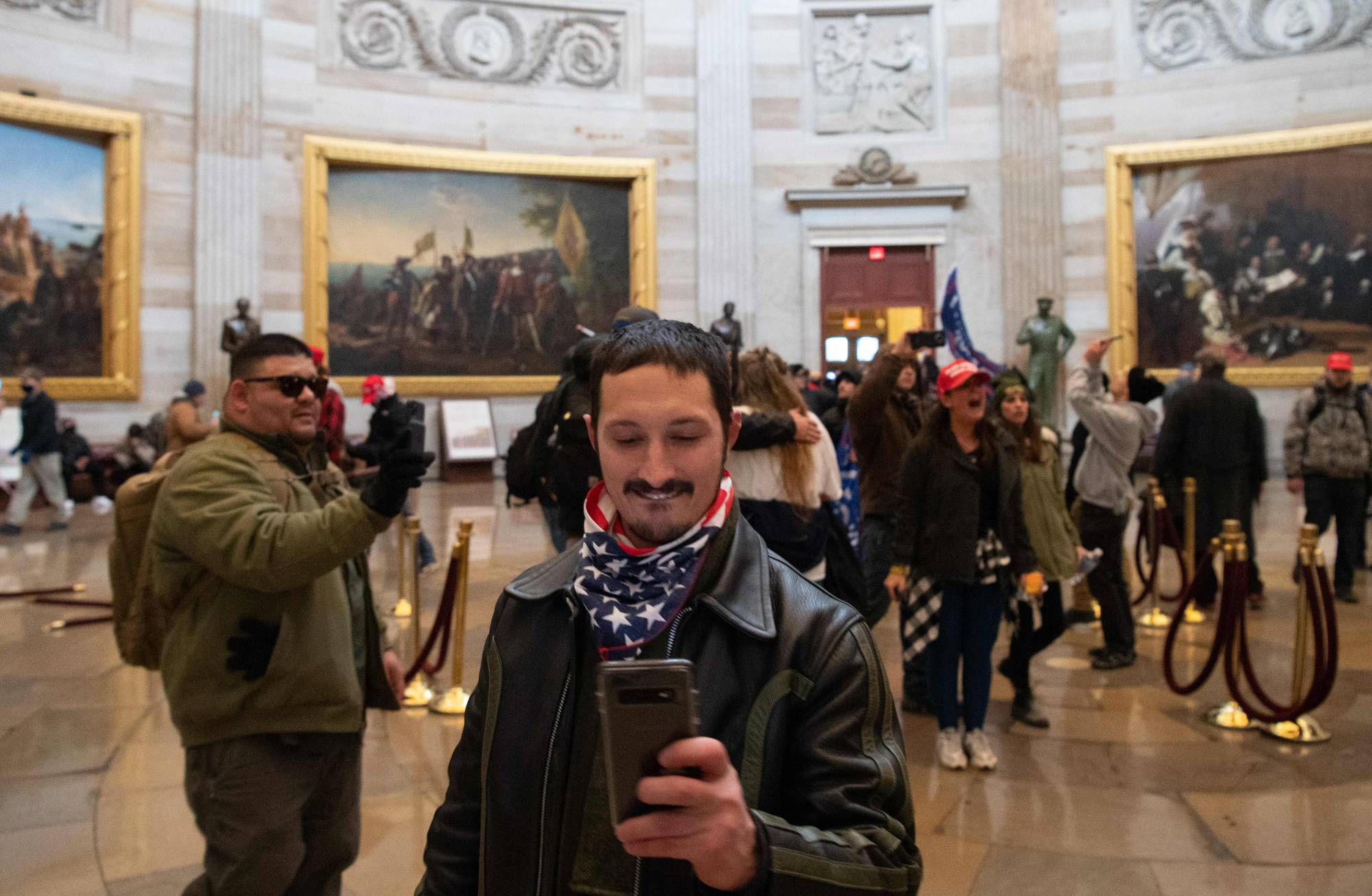It’s an alarming accusation, and when it is made, it is often a serious danger to free expression.
In many nations, including the U.S., the threat of sedition prosecutions has been used to criminalize dissent — to intimidate, and perhaps even imprison, people who strenuously object to what the government is doing. The Alien and Sedition Acts of 1798, with their restrictions on freedom of speech, are often taken as a shameful violation of constitutional principles. In some of its most notorious decisions, the U.S. Supreme Court upheld laws that forbid sedition, even when applied to political protesters.
The Justice Department is now considering sedition charges against the mob that stormed the U.S. Capitol on Jan. 6 as Congress was voting to certify President Joe Biden’s electoral college victory. Some people have even called for prosecution, on charges of sedition, of former President Donald Trump, for inspiring and egging on the rioters before they invaded the Capitol.


















With your current subscription plan you can comment on stories. However, before writing your first comment, please create a display name in the Profile section of your subscriber account page.